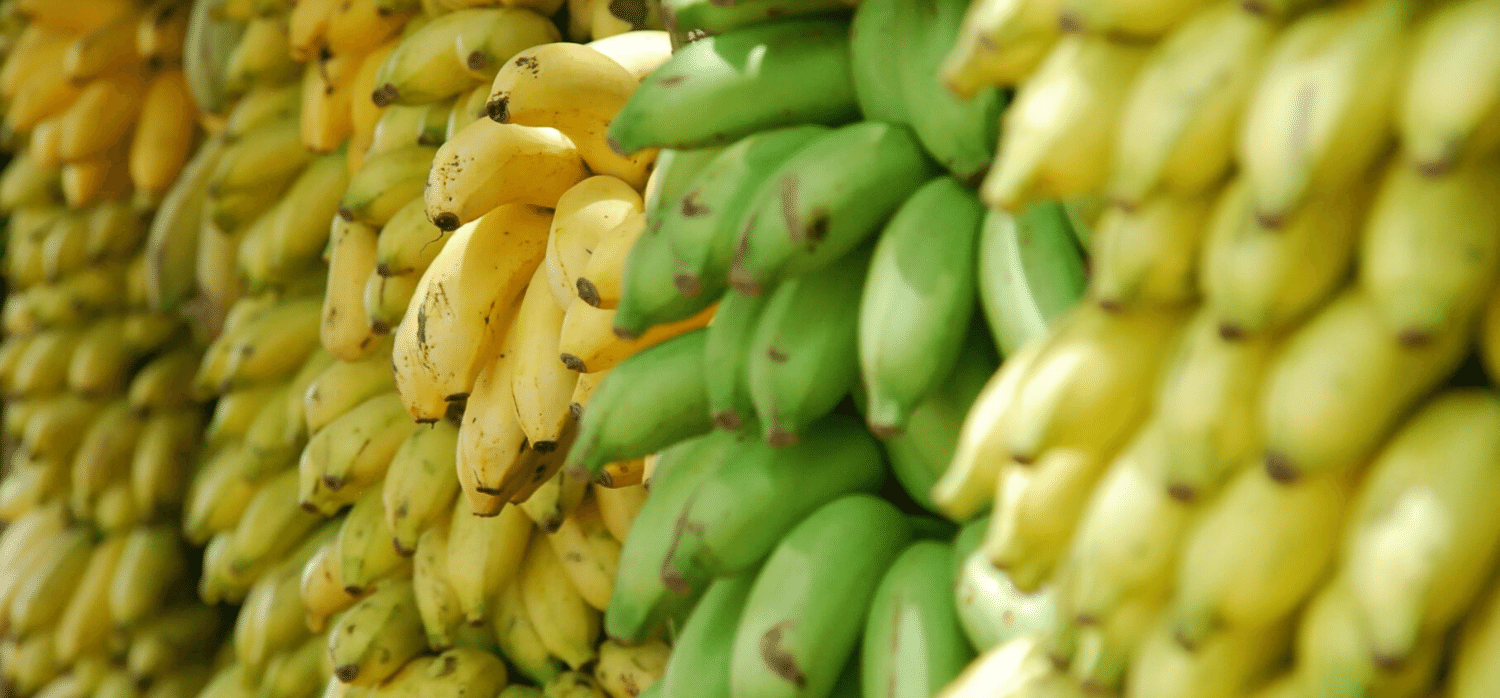



Article by: Hari Yellina
As one drives across the country, one thing becomes clear: there’s a lot of farmland in the country. Animals such as cows, sheep, deer, and the occasional bloody old alpaca line the roadway in every location and climate in New Zealand. Avocados, apples, and berries of all kinds grow in the orchards behind them. However, one crowd-pleasing crop is glaringly absent from practically the whole country. In New Zealand, bananas are by far the most popular fruit. According to supermarket statistics, 80% of customers who enter the fruit and vegetable aisle will purchase something.
The country is one of the world’s largest importers. However, the majority are imported from countries such as Ecuador and the Philippines, at significant environmental and human consequences. To feed Kiwi customers, workers in the Philippines can spend their entire lives on the plantation, enduring gruelling circumstances, minimal earnings, and exposure to toxic pesticides. So why doesn’t the country try to cultivate them here? It has long been considered that commercial banana production in New Zealand is impossible. However, Trevor Mills, the project manager for the Tai Pukenga bananas, claims this is no longer the case. Banana production is booming over the motu, thanks to a warming environment and more research into the viability of banana crops.
In fact, proof of concept has been around for about 70 years at the hobbyist level. “We have images from the mid-1950s of a full-page graphic of this guy out in Ormond farming all these tropical fruits and bananas and all sorts of other stuff,” says the researcher. Roger Bodle, a Gisborne resident in his 80s, has been producing bananas in Gisborne since he was given a plant when he was 13 years old.” “As the climate becomes more tropical, tropical fruits will benefit greatly.” On the other hand, if the shift to a more tropical environment accelerates, as it appears to be, crops like grapes, kiwifruit, and apples may struggle.”
According to Mills, banana farmers might avoid the high licencing expenses associated with other fruits. Growers of gold kiwifruit pay roughly $800,000 per hectare, with another $100,000 spent on netting to safeguard the fruit, according to him. According to Mills, bananas essentially self-produce, with a single plant potentiating many more — and soon. “We estimate a planting pace of 500 plants per acre, or 1,000 per hectare.” If you plant 100 plants, you’ll have up to five or six suckers, or second-generation plants, sprouting around the original plant in 18 months. By the second generation, your total number of plants from the original 100 might be up to 400 or 500.”
Banana crops, according to Mills, are becoming a more appealing option for Mori incorporations because they provide work and are a more productive and less intense form of farming than raising animals. “I’ve been in contact with Te Puni Kokiri, who are trying to encourage a number of Mori incorporations from the East Cape to Masterton and the Wairarapa in the south.” Instead of just having a few sheep on land that is tailor-made for horticulture, they can see the potential for horticulture to bring more employment for Mori, more investment, and a more productive use of the property.’
Bernard Milville, an NIWA scientist, has built a plot in Nhaka, utilising his background to find an appropriate spot for growing bananas and other tropical products – at the present, he’s farming anything from red pineapples to mountain paw paw. “That will truly show the local farmers that cultivating tropical plants and tropical fruit has a lot of potential. And I believe that grassroots development is the key. It’s incredible when you get the right individuals driving the correct vision. Growers in Northland have a three- to four-year head start on this, and I know one grower who can bring 100kg of bananas to the Whangarei farmers market and sell them in half an hour.” People will pay that, no questions asked, because of the superior product that the bananas are. The possibilities for farmers and the environment are massive.